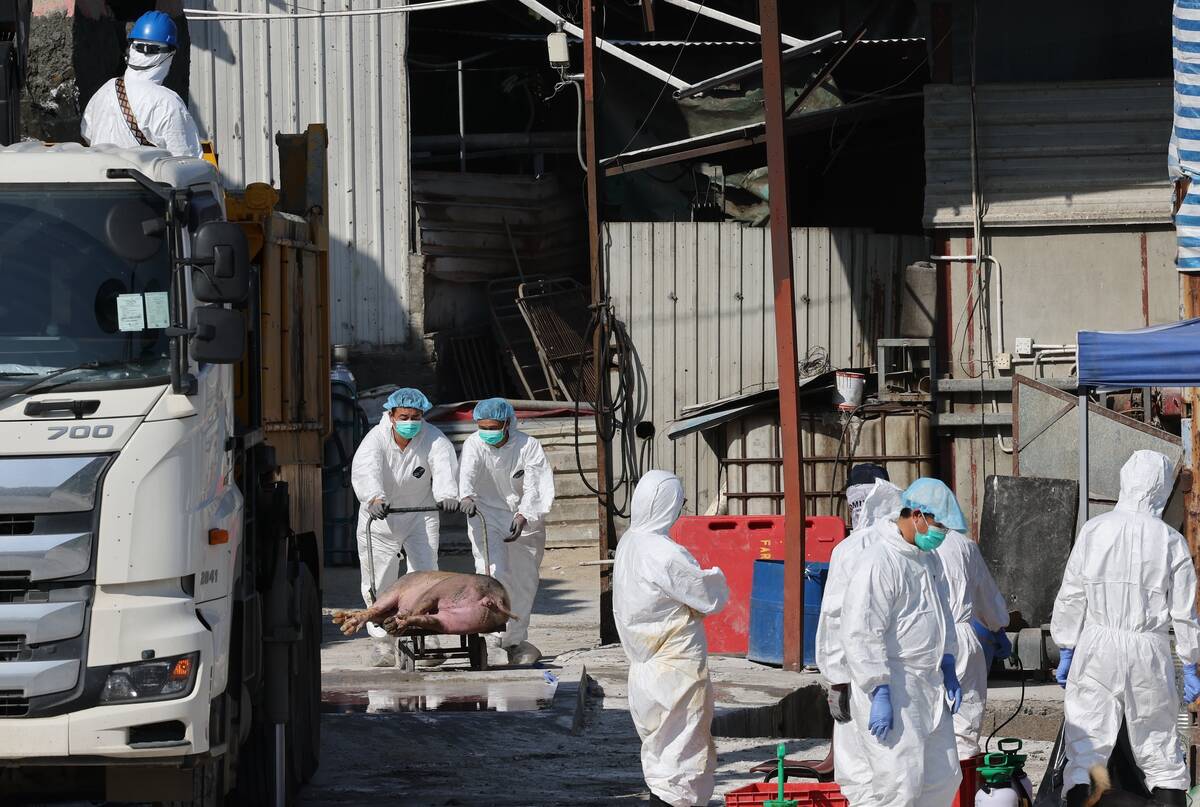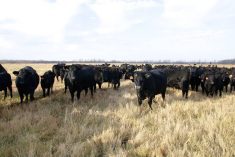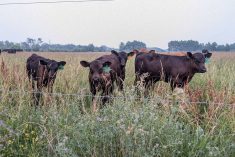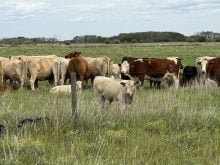OLDS, Alta. – Selling people on the merits of turning their garbage into black gold is tougher than actually teaching them the process of how to compost household wastes.
In many households up to a third of waste thrown out each week is paper. Another third is kitchen waste. That garbage could be diverted into a compost pile rather than getting dumped at the local landfill.
“It is not garbage. It is a raw material from which we can derive something fabulous,” said Susan Antler.
Read Also

Mixed results on new African swine fever vaccine
The new African swine fever vaccine still has issues, but also gave researchers insight into how virus strain impacts protection against the deadly pig disease.
She is executive director of the Composting Council of Canada, a public forum to exchange information and discuss composting issues.
The council wants to sell composting as a low cost and effective way to get rid of waste.
“Composting is one of the largest solid waste diversions,” said Antler at a recent composting conference at Olds College in this central Alberta town.
A compost pile reduces the amount of organic waste going to landfills and yields valuable humus for agriculture, landscapers and nursery operators.
Keeping organics out of landfills also reduces leaching of chemical compounds into the surrounding soil and reduces the amount of methane gas spewed by landfills.
In Canada about 10 percent of municipal waste is composted. That figure is low because of the effort and time required for proper composting. It’s not quick like returning used bottles to a recycling depot, said Antler.
But the urge to compost is increasing. Since 1988, one million backyard composters have been sold, she said. However, living on passion can’t keep the industry going much longer.
There has to be some profit for groups interested in composting as a way to get rid of waste from municipalities, pulp and paper or the resource industries.
Another obstacle is selling the idea to communities that speak against composting projects. They claim to be worried about possible smell, pests visiting the compost heaps or creating a health hazard by piling that kind of waste.
Public education is necessary to clear up some of these concerns, said Antler.
Reclaim the soil
Alberta is leading the composting trail. The material is often used by farmers to control manure, municipalities use it to break down their wastes and the oil industry uses it to reclaim oil soaked soil.
This province produces about 2.2 million tonnes of municipal waste, agriculture generates about 14 million tonnes of waste and another 14 million tonnes comes from forestry. Almost 30 percent finds its way to a composter.
Laurie North, of Alberta environmental protection, told the conference that 15 Alberta municipalities are composting. This probably diverts 27 percent of waste away from landfills.
The government offers two assistance programs to help municipalities find cost-effective means of waste management.
It provides up to 75 percent of the capital costs for a project including buying balers, compacters, trailers for hauling waste or buildings for storage. There is also technical support available.
Alberta will be the first province to release a composting code of practice.















